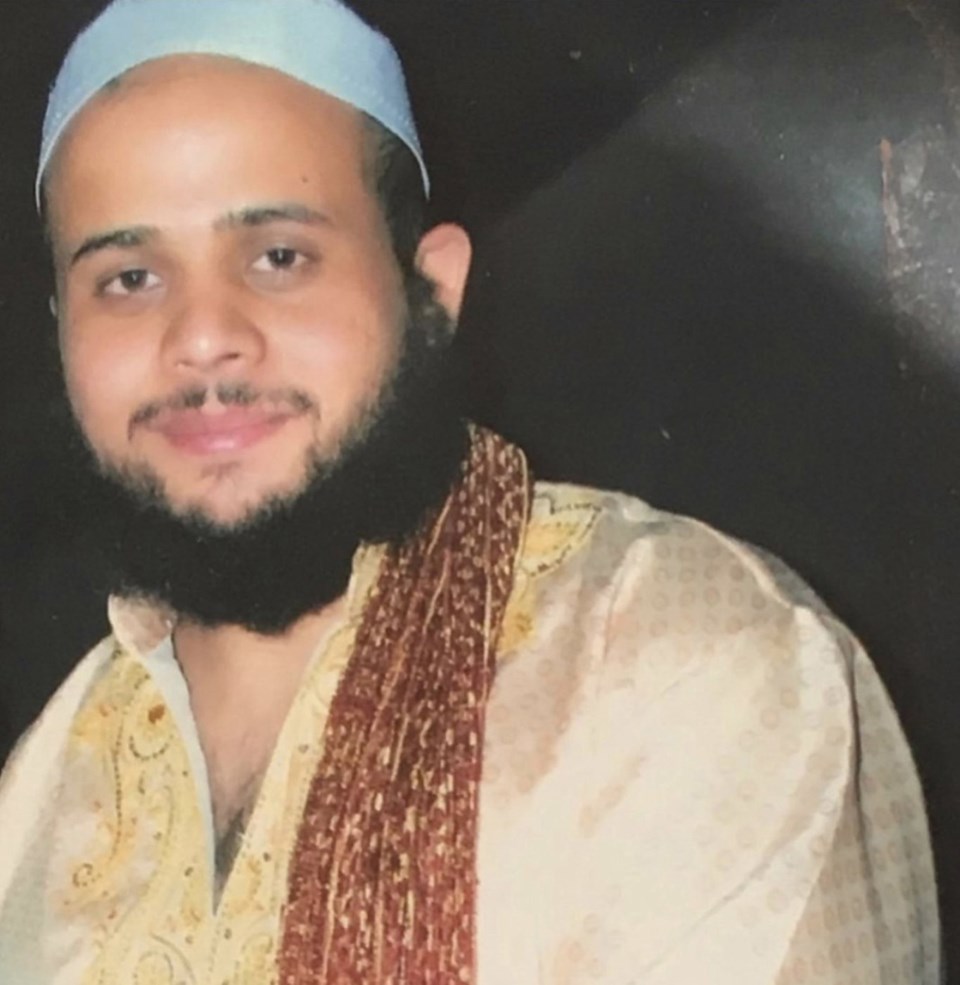TORONTO — The family of a mentally ill man who died in a provincial jail is demanding to know if the Ontario government has implemented any recommendations that came out of a coroner's inquest, saying they believe nothing has been done.
Several dozen civil liberty and mental health organizations have also called for action in a letter to Premier Doug Ford and Solicitor General Michael Kerzner following the death of Soleiman Faqiri and the subsequent inquest.
In December 2023, inquest jurors issued 57 recommendations meant to improve oversight of the correctional service and access to mental health care within it.
They also ruled Faqiri's death on Dec. 15, 2016 to be a homicide.
It is unclear if the province has implemented any of the jury's recommendations. Yusuf Faqiri, Soleiman's brother, said it appears the government has done nothing. No charges have been laid in his brother's death.
Kerzner's office did not respond to questions about what, if any, specific recommendations it has implemented.
The silence is deafening, Yusuf Faqiri said.
"More than 16 months have passed since that coroner's inquest, and not one, not one of those recommendations have been implemented, including the one with a simple public statement saying that individuals suffering from mental health challenges should not be in jails," Yusuf Faqiri said at a news conference at Queen's Park.
The family has also demanded an apology from the province, though one has yet to materialize.
"No one in your government has reached out to my family to issue an apology into his tragic death," Faqiri said in a plea to Ford and Kerzner.
"The system that killed my late brother continues unchanged. Our work and this fight for change must continue and will continue."
Kerzner's office also did not answer questions about an apology to the Faqiri family.
"What happened to Mr. Faqiri is a tragedy," said Dakota Moniz, Kerzner's spokesperson.
"Our thoughts are with his family and all those who have lost loved ones in the correctional system."
Moniz said the province has made "record investments" into the provincial correctional system, which includes $500 million to update and build new jails and hire more correctional officers.
"We have also established a new Health Services Division to ensure those in custody receive the care they need, including support with mental health and addiction issues delivered by social workers, nurse practitioners, mental health nurses and addictions counsellors," Moniz said.
The Canadian Civil Liberties Association has also called on the province to implement the jury's recommendations, which it says would treat inmates better while also protecting society.
"The crisis in Ontario prisons undermines the basic human dignity of those in custody, the vast majority of whom are waiting for their day in court and presumed innocent," said Shakir Rahim, director of the association's criminal justice program.
NDP justice critic Kristyn Wong-Tam called on the government to be transparent about its work on the issue — if it has done any.
"A government's silence, on an issue as important as the inquest recommendations that solve very broad structural failing of the correction system, tells us that they just simply don't have an answer and that they're not taking the inquest's recommendations seriously," Wong-Tam said.
In May 2024, the Faqiri family demanded similar actions from the government to act on the recommendations.
At the time, Kerzner said his government was reviewing the inquest jury's report.
The inquest heard that Soleiman Faqiri, who had schizophrenia, appeared increasingly unwell during his time at the Central East Correctional Centre in Lindsay, Ont., and many correctional and medical staff members expressed concerns about him.
However, Faqiri was never taken to a hospital, nor did he see a psychiatrist, the inquest heard.
On his 11th day in jail, a fight broke out between Faqiri and jail guards as they escorted him back from a shower. The inquest heard guards struck Faqiri numerous times, pepper sprayed him and eventually handcuffed him, covered his head in a spit hood and left him face down on a cell floor, where he died.
The jury's recommendations included creating an independent inspectorate for corrections that would have the ability to launch investigations, and adding an independent rights adviser and prisoner advocate in all correctional facilities.
Other recommendations included establishing a provincial agency to oversee and deliver health care in correctional facilities and ensuring people in custody who have acute mental health issues are assessed by a mental health professional within 24 hours of a court order or remand.
Recommendations issued in a coroner's inquest are not binding and the finding of homicide carries no legal liability.
This report by The Canadian Press was first published May 5, 2025.
Liam Casey, The Canadian Press



